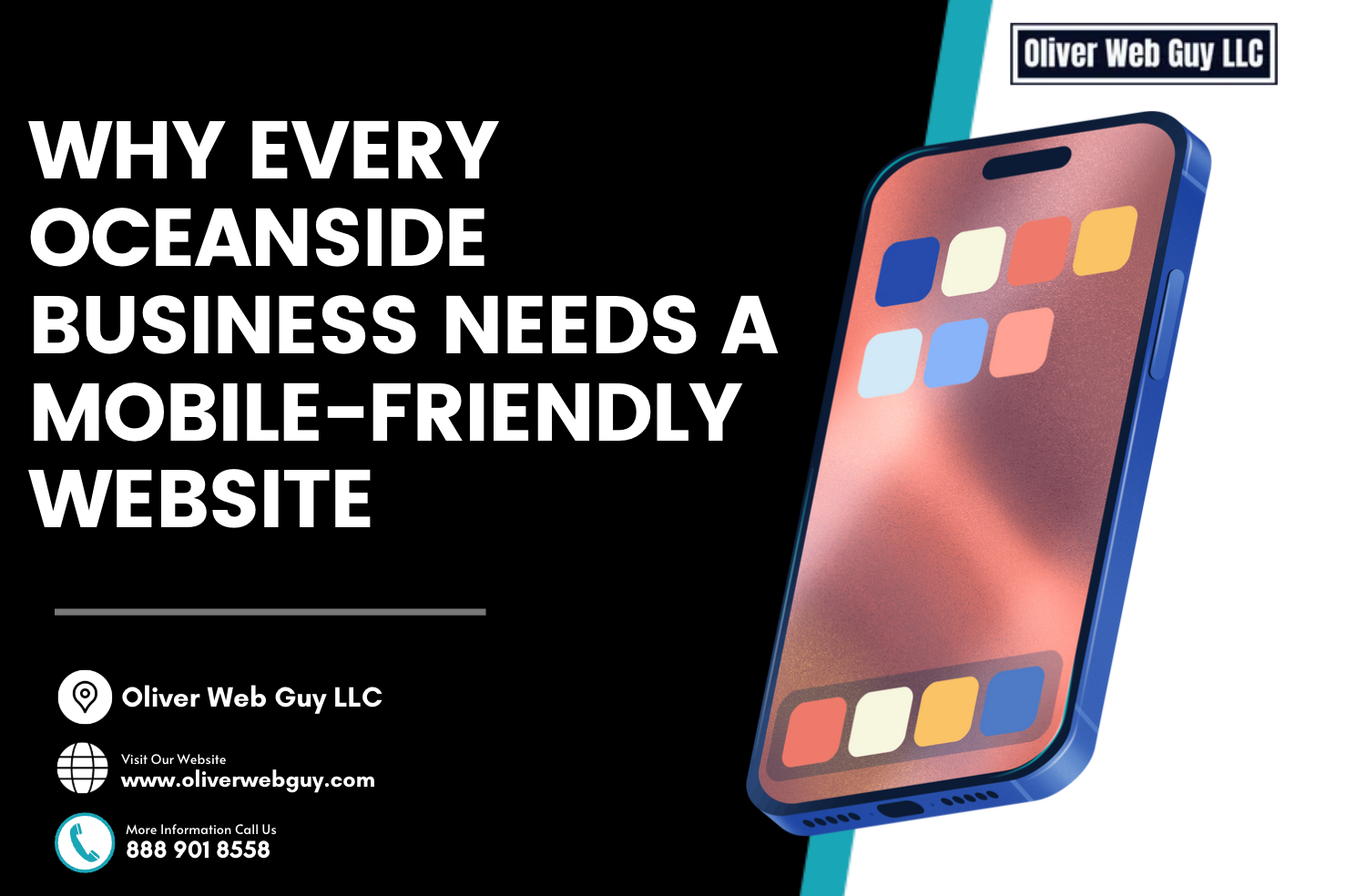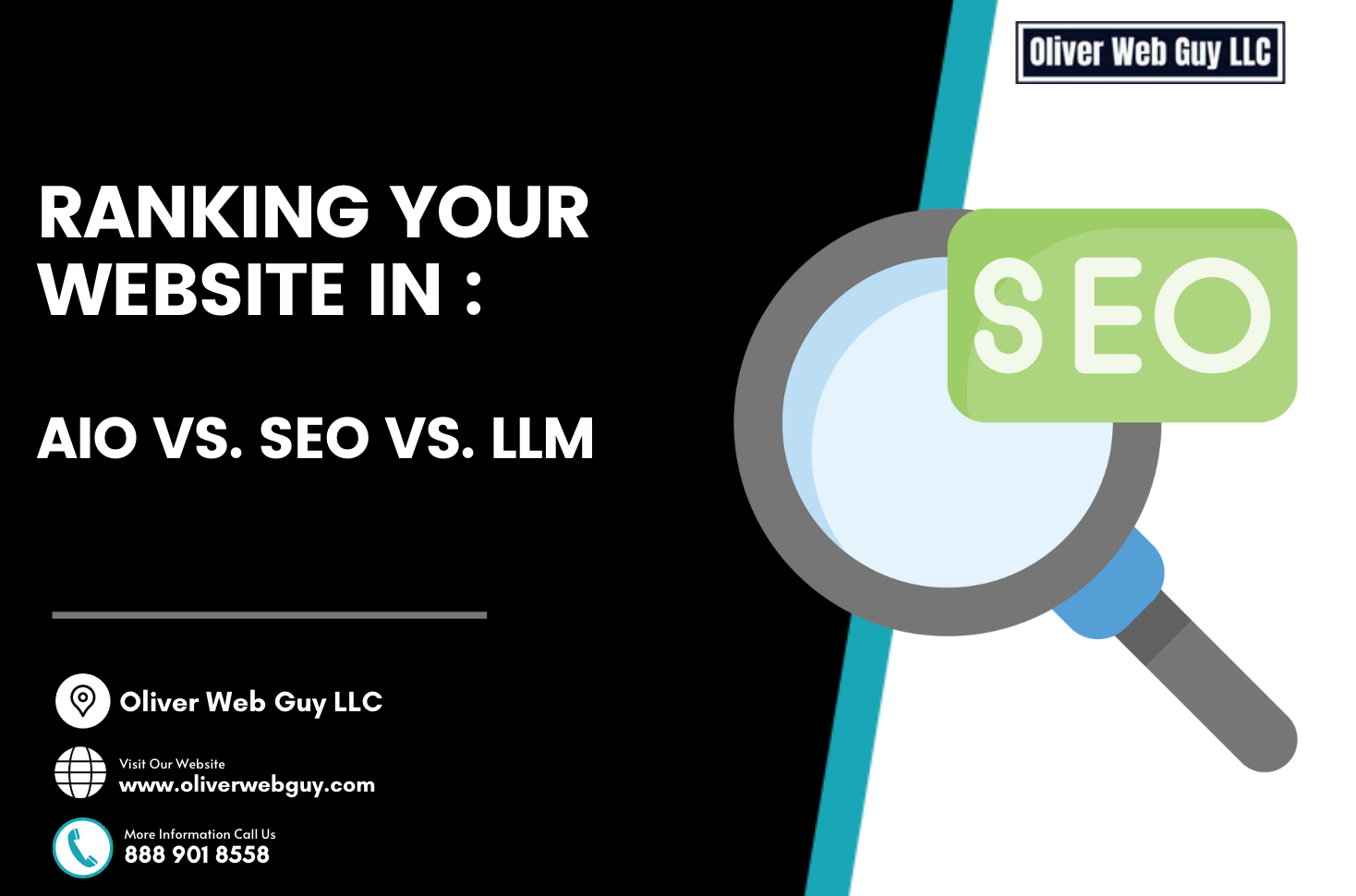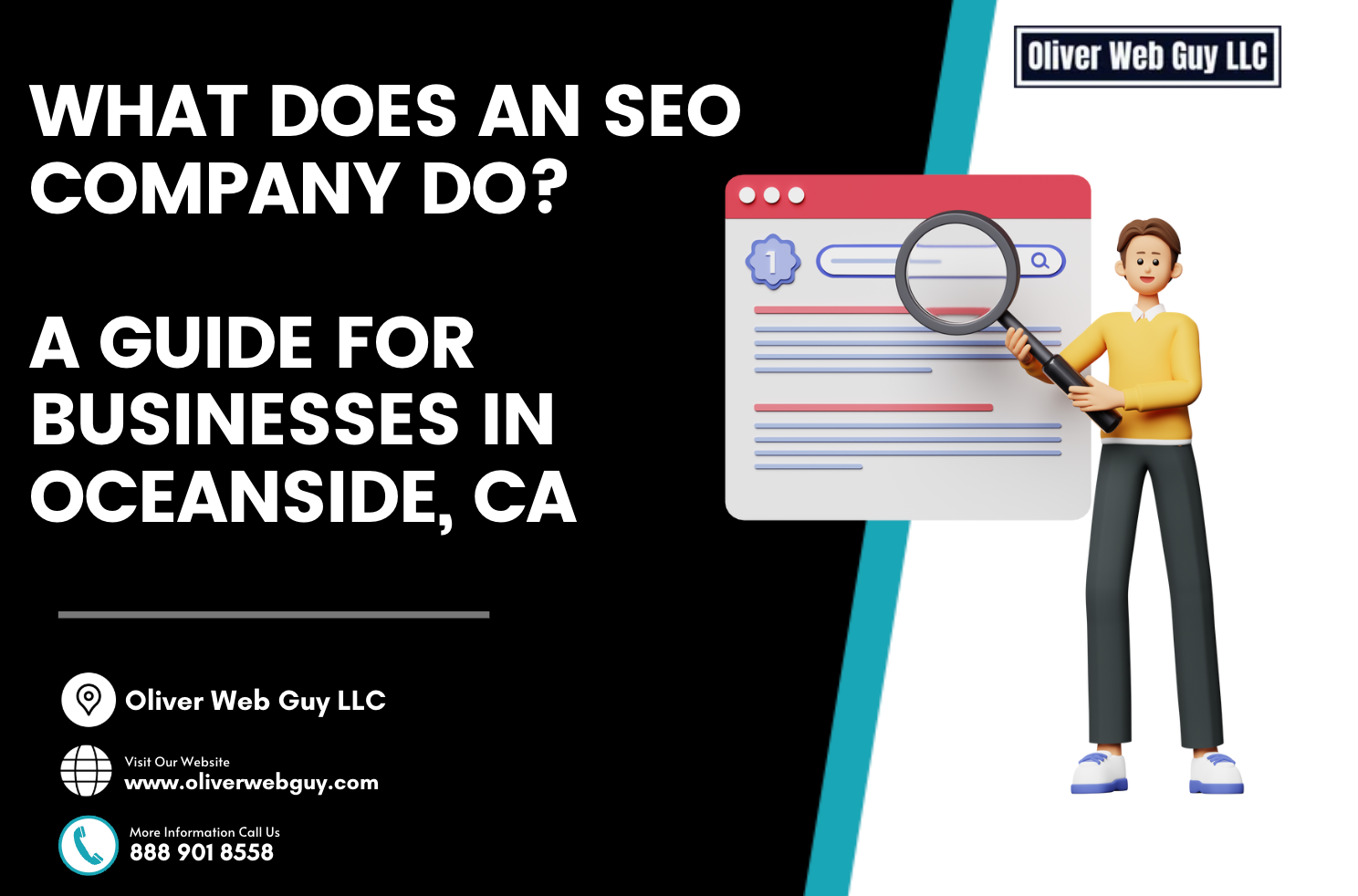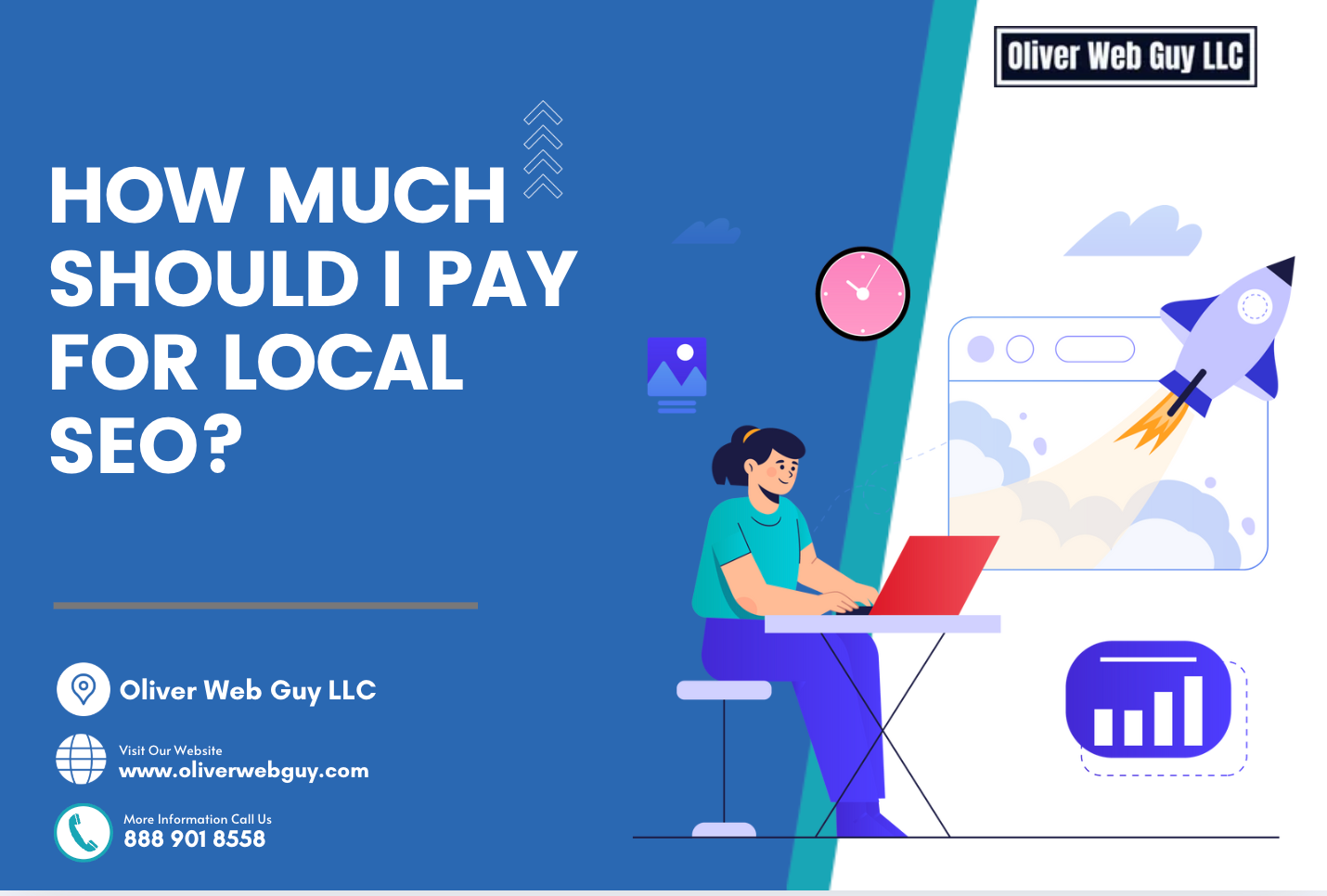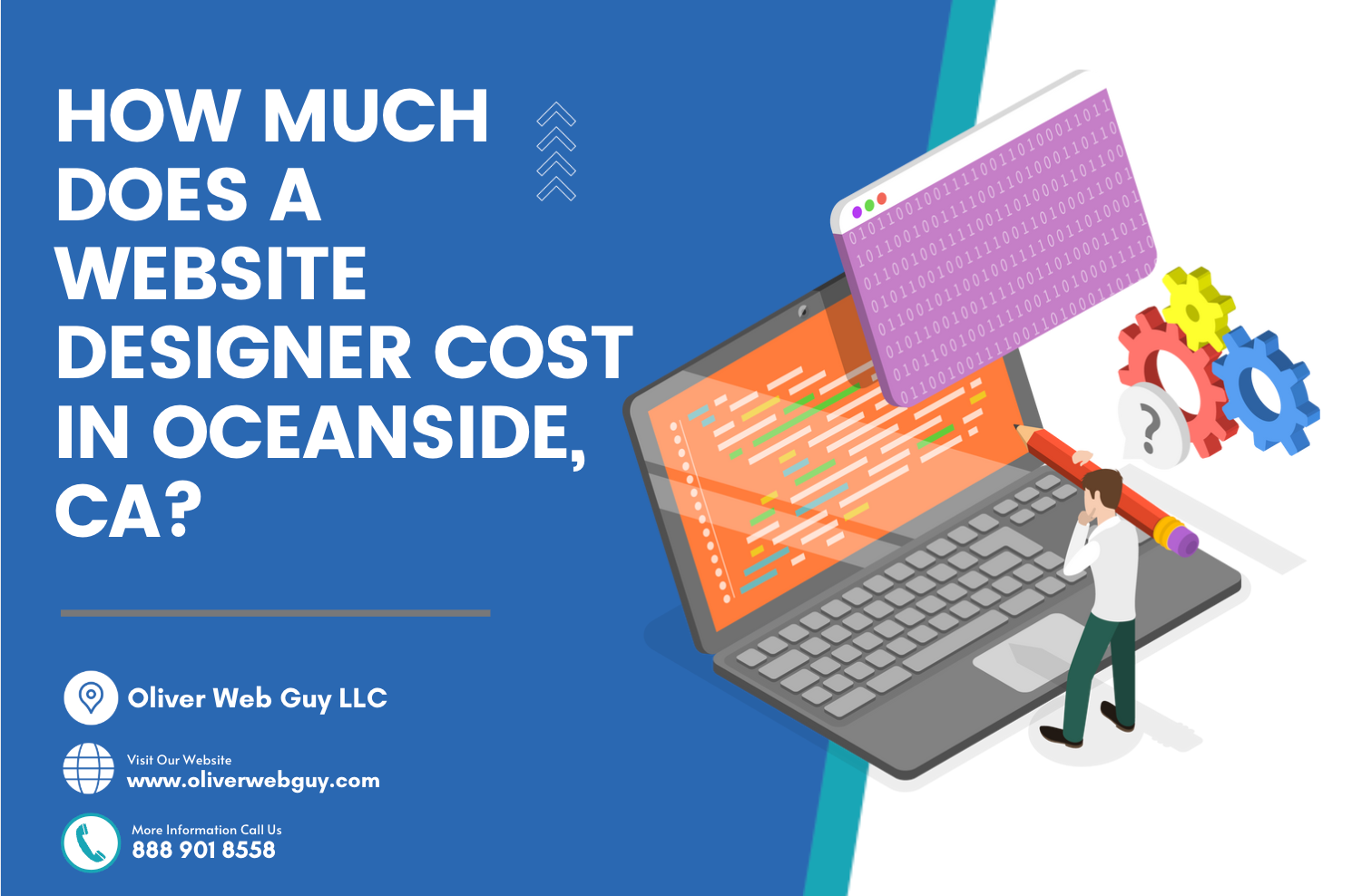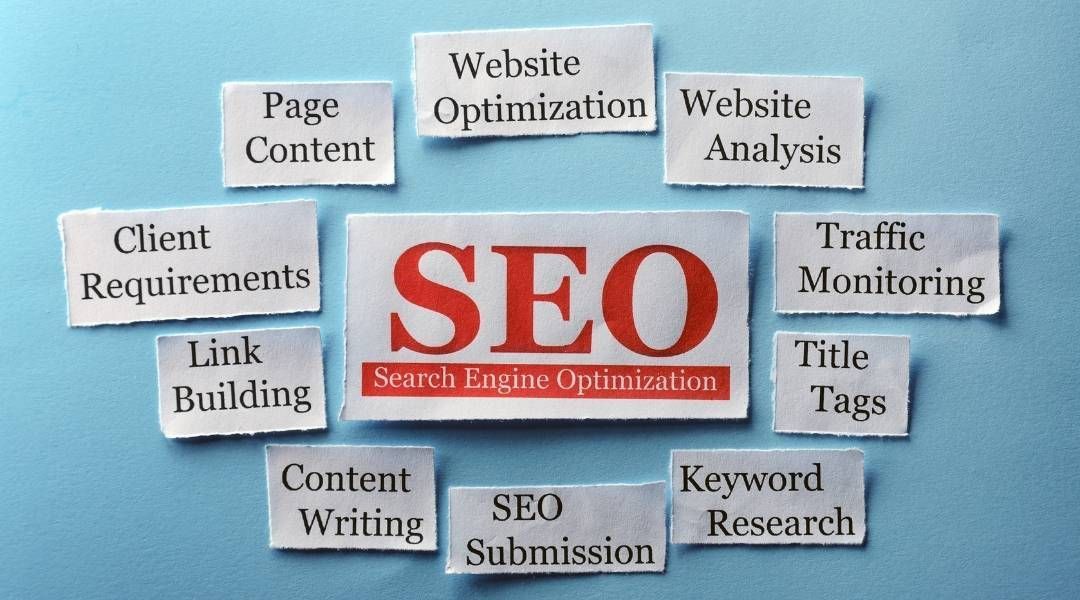Does Website Speed Affect Your Rankings?
You may wonder if your website's speed influences how well it ranks in search results. Google has said that since July 2018, the time a page takes to load is a factor for mobile searches. This builds on their previous inclusion of speed as a ranking signal for desktop queries from 2010.
However, recent updates show changes in how they view the "page experience." Despite this shift and an emphasis on content quality over quick loading times, don't brush off off-site speed too quickly—faster pages still offer users what they seek swiftly, bolstering your online visibility.
Website Speed and SEO Rankings
You need to know that website speed matters for your rankings. Back in 2010, Google said site speed was key for desktop searches; in 2018, it counted for mobile because everyone hates slow pages!
The big news lately is that even though page experience still shapes how you rank and includes loading time as part of the mix – its weight seems shifty. Better content can win over snappy but empty pages. Still, don't ignore loading times, as they're one piece of a larger puzzle enhancing overall user interactions with your site.
Remember: Stay useful and trustworthy because relevance tops everything else when Google looks at what's up there in results land.
Impact of Load Times on Visibility
Page speed matters a lot. Users expect fast-loading pages; slow ones might make them leave. Your site's load time can vary based on many elements, such as images and scripts.
A key point: mobile users often face slower connections than desktops, so optimizing for phones is critical. Google PageSpeed Insights now offers actual loading speeds rather than just scores. That's useful information you need! Consider this: not all parts of your webpage matter equally at the start.
Prioritize content that appears first to improve user experience from the start. Don't let non-essential functions delay important stuff like menu accessibility or initial visuals. This frustrates visitors and could harm visibility on search engines since page speed directly influences SEO rankings.
Oceanside Web Designers Emphasize Performance
You care about your website's performance because slow pages lose people fast. Many sites are sluggish, and they hit your pocket hard. Think big pictures, server speed - all these bits add up to page load times. What does 'page speed' mean, though?
It's different from the overall site speed. It focuses on how fast individual pages pop up for visitors. Good page speeds keep individuals happy and stick around longer, which can boost those vital conversion rates. Do you remember Core Web Vitals presented by Google?
They look at loading time, interactivity, and visual stability of webpages—pretty much the nuts and bolts of user experience online! Now, think SEO, but with its eye on swiftness, too, since 2018! That means ensuring each webpage is quick off the mark, especially for mobile users, because search engines now rate this highly for ranking purposes.
Make things speedy, or risk falling behind in organic searches! Aim to lower bounce rates while ramping up conversions with snappy-loading content viewed easily across devices. To measure your pages' performance briskly, use tools like GTmetrix or PageSpeed Insights from Google. These will not just test load times but give hints on enhancing them so you can rise through the ranks while offering tip-top experiences no matter where someone browses from.
A swift website enhances user experience, which search engines recognize as vital. As such, a speedy site often earns higher rankings in search results.
Google's algorithms consider page load times when deciding where your site lands among competitors'. Quick-loading pages retain visitors better and encourage more interaction—both signal that you offer valuable content deserving of prominent display online.
For optimal performance and SEO benefits, prioritize loading speed during web design or consult with professionals like Oliver Web Guy to get the best results for your digital presence.

